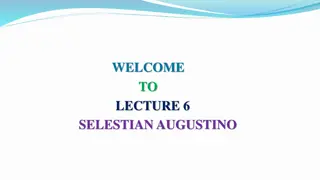Chapter 2: Beginning a Research Project
Explore research topics, question creation, and finding information sources. Engage in a debate on legalizing marijuana and practice citing literature sources. Discover various credible resources for social work research.
Download Presentation

Please find below an Image/Link to download the presentation.
The content on the website is provided AS IS for your information and personal use only. It may not be sold, licensed, or shared on other websites without obtaining consent from the author. Download presentation by click this link. If you encounter any issues during the download, it is possible that the publisher has removed the file from their server.
E N D
Presentation Transcript
Chapter 2: Beginning a Research Project Scientific Inquiry in Social Work
Chapter Overview This chapter focuses on: Finding a research topic Sources of information Finding literature Creating a research question
Potential Research Topics Ask yourself: What is a topic are you interested in learning more about? How do you feel about this topic? Does it spark your curiosity? Do you have any biases about your topic? (it s okay, we all do) Create working questions about your topic to answer What is the essential function of ___? (Functional analysis) What are the causes of ___? (Causal analysis) What are the consequences of ___? (Causal analysis) What are the types of ___? (Classification) How is ___ like or unlike ___? (Comparison)
Activity: Finding information Question: Should Kentucky legalize marijuana for all individuals? Half of you will take the negative side the other half the positive side Take 10 minutes and draft a statement supporting your argument Keep track of the keywords you use to search for information Make sure to support your argument with citations from the literature Come back together and discuss with the class
Where did you get most of your information? What were your key words for the searches? From which disciplines did you draw information? How did you conduct your search? Were these primary/secondary sources? Were these empirical, theoretical, or practical sources? Are your sources credible? Are your sources objective? Are your sources accurate? Activity: Finding information
Journal Articles Google Scholar RU Library Search Academic Search Complete (EBSCOhost) PubMed PsycINFO Social Work Abstracts Books RU Library Search Google Scholar PsycBOOKS Dissertations and Theses ProQUEST Government/Organizations Briefs or White Papers (Kids Count Databook) Academic databases of interest
Journal Articles Cover all kinds of research Are still printed (for some reason) Can be differentiated by reputation and number of readers Are considered to make the best sources for research, as they contain the most up-to- date data and have been peer reviewed Our library can get you any journal article ever. And pretty quickly! This Photo by Unknown Author is licensed under CC BY-SA-NC
Dissertations & Theses Considered less scholarly than journal articles Reviewed by a dissertation committee Are incredibly long Are good for finding additional sources!
Books Will not have as up-to-date information as publishing takes a long time Are useful for theoretical and philosophical inquiry Not necessarily peer-reviewed like journal articles May be more opinion than fact-based so watch for resources and evidence Edited volumes Are considered less reputable than peer-reviewed journals Still contain valuable information Our library can get you pretty much any book ever. And they do it quickly!
Searching Basics (with George Boole) Your search terms determine what results you will get Unfortunately, different studies use different words to describe the same or similar concepts Substance abuse: substance use, substance misuse, addiction, addicts, cocaine addiction, cocaine abuse, etc. Social support: informal support, family support, etc.
What if I type in mental health cocaine I am a natural language search engine. I know that mental and health should be put together. But using Boolean search operators helps me! I m a Boolean search engine. I read this as mental AND health AND cocaine. I don t know you want mental health articles.
Search Skills Building a query Too many results? Brainstorm some keywords How would you use? AND, OR, NOT Quotation marks Parentheses Wildcards What database is best for you? Google scholar Advanced search: just in the title Narrow down by year Academic Search Complete, psycINFO, PubMed Search in the abstract Narrow down by year Search a specific author or journal
Awards will be given for: Highest number of search results Lowest number of search results Highest number of relevant results Correctly labeled empirical, theoretical, and practical articles Identifying authors that appear often (bonus points for their CV) Identifying journals that appear often Most (useful) keywords used Most (useful) operators used Activity: Let s play around Try to find journal articles on your topic on the following databases: Google Scholar Academic Search Complete PubMed PsycINFO Which database do you think will be most useful to you?
Using references and cited by notations 1. Go to Google Scholar Look at the cited by link Open it in a new tab You can now search specifically inside the articles that cited your article This looks for articles after your article was written (duh) Archival Searching 2. Open an article Look at the references Copy and paste them into Google Scholar This looks for articles before your article was written (duh)
NOTE: You have to be logged into your EKU account Add LibKey Nomad as an add-on to your search engine Articles (not books, though) available as Full Text will have a link that says Find Full Text. It takes you right to the article. To add it, go to libkeynomad.com Click the link to your browser type Browser will ask you to confirm Choose EKU as your institution and you ll be set More Google Scholar Fun Easy APA citations - Correct just about 80% of the time Sometimes they leave out volume/issue numbers, page numbers, have all caps, or abbreviate the journal name. Double check these. Save articles you may want to come back to Just hit save. It saves the article to My Library. You can organize these by folder
Systematic Reviews and Meta-Analyses Are not tied to any specific research proposal or initiative Synthesize a large body of research Develop conclusions about an entire area of research These will save you a LOT of time. Someone has done a lot of analytic and scholarly searching work for you How might you find these types of articles?
Goals: Think more critically about how you search Do I want to make sure I search for a particular phrase Are there many endings of a word that might help* Do I want to exclude or include other keywords How can I narrow my search results down Get the results you want, faster


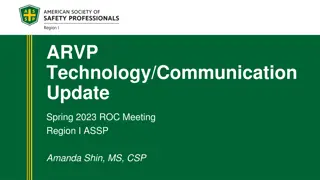

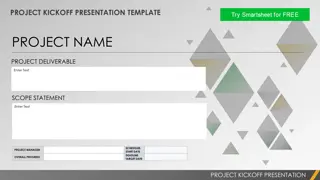
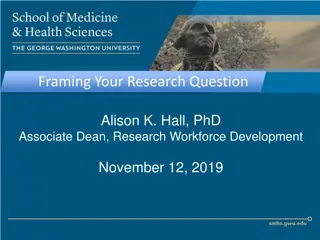
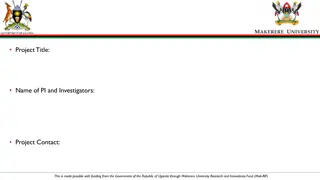

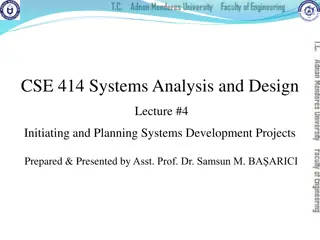
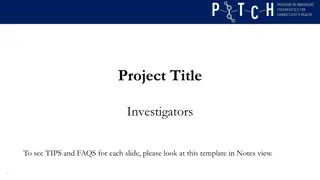
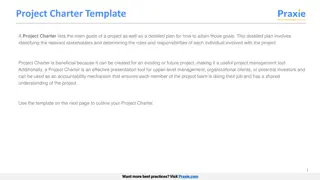
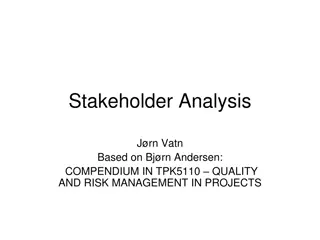
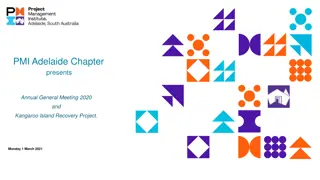
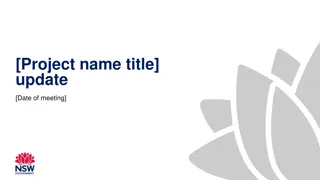
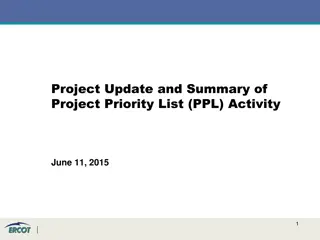
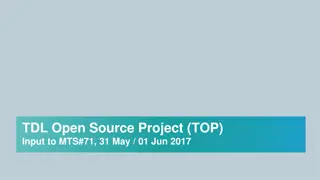
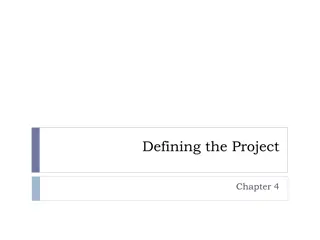
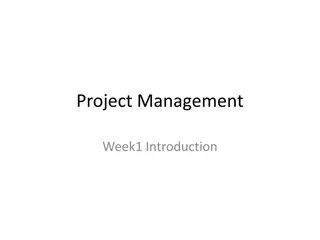
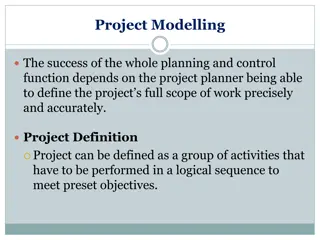


![Project Initiation Document for [Insert.Project.name] [Insert.Project.number]](/thumb/226757/project-initiation-document-for-insert-project-name-insert-project-number.jpg)
